University of California San Francisco
Give to UCSF-
-
New UCSF Health Atlas Visualizes Population Health, COVID-19 Cases
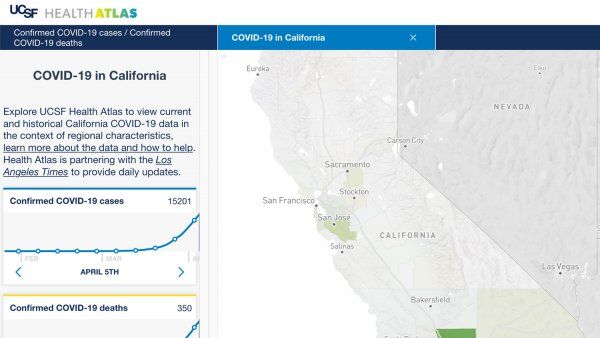
-
Big Guns Fighting the Coronavirus
-
As Mask Shortages Loom, Nationwide Team Assembles Best Practices for Decontamination and Reuse
To provide officials with a set of best practices for mask decontamination, a nationwide team has launched N95decon.org, a website that distills a broad range of relevant scientific literature.
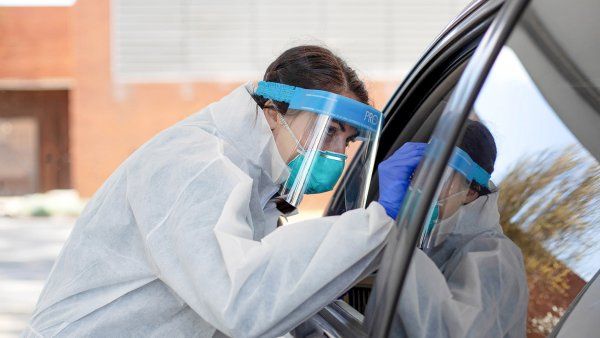
-
UCSF Remains Top Public Recipient of NIH Funding for 13th Straight Year
UCSF was awarded nearly 1,300 NIH grants and contracts, amounting to more than $684.4 million in funding.
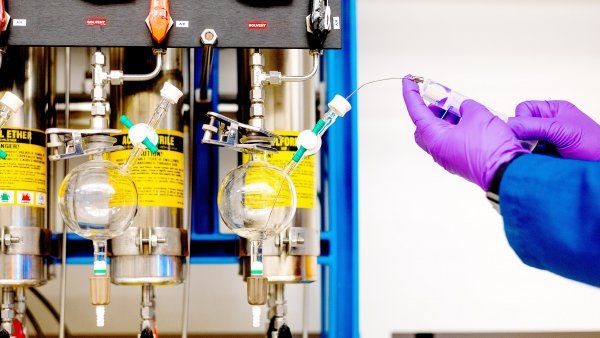
-
New COVID-19 ‘Citizen Science’ Initiative Lets Any Adult with a Smartphone Help to Fight Coronavirus
The online study would try to help researchers gain insight into how the virus is spreading and identify ways to predict and reduce the number of new infections.

-
8 strains of the coronavirus are circling the globe. Here's what clues they're giving scientists
-
Unveiling How Coronavirus Hijacks Our Cells to Help Rush New Drugs to Patients
Though many hopes are hanging on the development of a vaccine or drug that targets the novel coronavirus directly, a UCSF-led team is taking an unconventional approach: target the host – in other words, you.
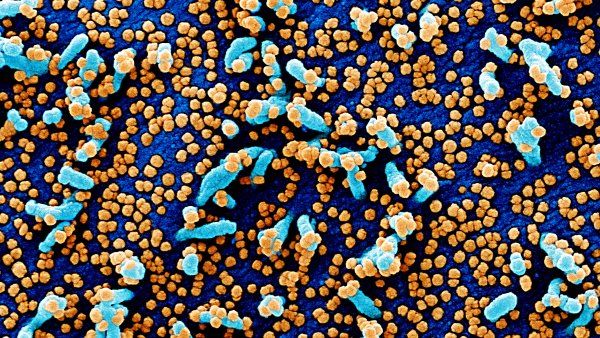
-
The man behind the sequencing of the coronavirus could have keys to the disease
-
Scientists Identify 69 Drugs to Test Against the Coronavirus
-
Donors Rally to Support UCSF Doctors and Scientists Working to Conquer COVID-19
Thousands of UCSF health care workers are mobilizing to prepare for the potential influx of patients sickened by COVID-19, even as hundreds of UCSF scientists race against time to defeat the deadly respiratory virus impacting communities around the world.
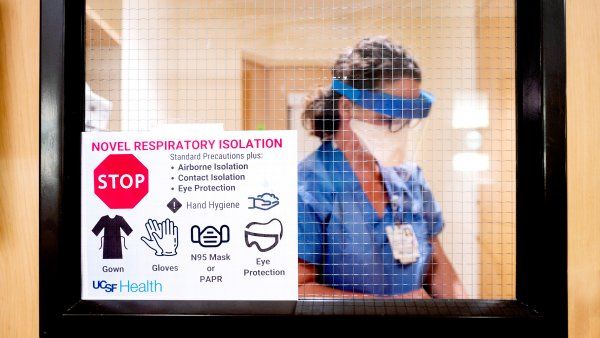
-
Hundreds of Scientists Scramble to Find a Coronavirus Treatment
-
Urine Test Can Detect Likelihood of Kidney Transplant Rejection
A simple urine test can diagnose and predict acute rejection in kidney transplants, leading to an opportunity for earlier detection and treatment, according to a new study by researchers at UCSF.
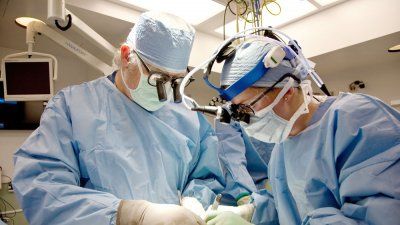
-
Statement on COVID-19 Panel Discussion Notes That Were Attributed to UCSF
To allay some confusion about a document on the COVID-19 pandemic that was attributed to UCSF last week on social media and in the press – in many cases carrying our official university logo – we’d like to provide some background.

-
We Should Send Women on a Mars Mission
-
A Disease Tracker Backed by Gates and Zuckerberg Tackles Covid-19
-
Cellular SOS: CRISPR Technique Reveals How Cell’s ‘Power Plants’ Activate Emergency Response
UC San Francisco researchers have finally identified the cellular circuit responsible for conveying stress signals from inside mitochondria to the integrated stress response, a discovery that may have important implications for treating the many debilitating diseases associated with mitochondrial stress.
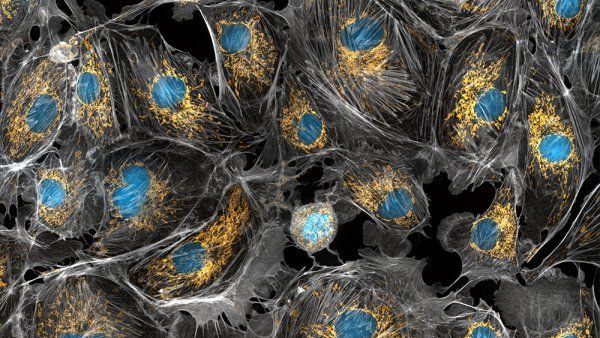
-
Weill Neurohub Launches with Investments in Foundational Projects
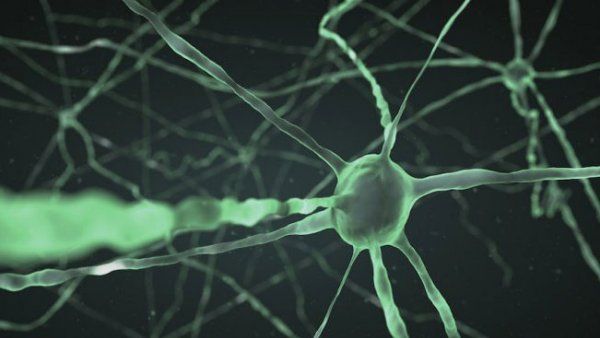
-
Superfast Brain Circuit Slams the Brakes on Movement
A new UCSF study of patients with Parkinson’s disease has revealed a pathway that transmits signals very rapidly between two parts of the human brain to govern the complex act of halting a motion once it’s been initiated.
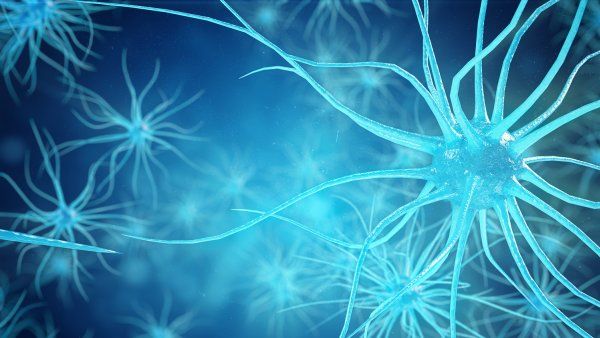
-
National Paid Maternity Leave Makes Sense for Mothers, Babies and Maybe the Economy
New mothers who are entitled to paid maternity leave beyond a few weeks’ duration are more likely to have better mental and physical health.
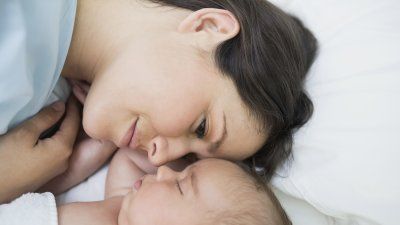
-
‘Real-World’ Data from Health Systems Reveal Opportunities for Blood Pressure Improvement
Uncontrolled blood pressure is the leading cause of preventable death in the United States even though existing medications, when prescribed and taken according to guidelines, work well. A new analysis of electronic health records (EHRs) led by a UCSF scientist, as many as 40 percent of the roughly 80 million Americans with high blood pressure may not have the condition under control.
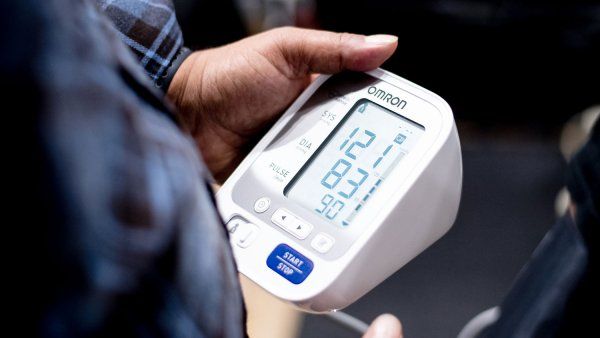
-
Scientists Unravel Mystery of Rare Genetic Disorder that Causes Intellectual Disability in Females
UCSF scientists have made a significant advance toward understanding a rare genetic condition, almost exclusively affecting females, that results in a broad spectrum of neurodevelopmental deficits.
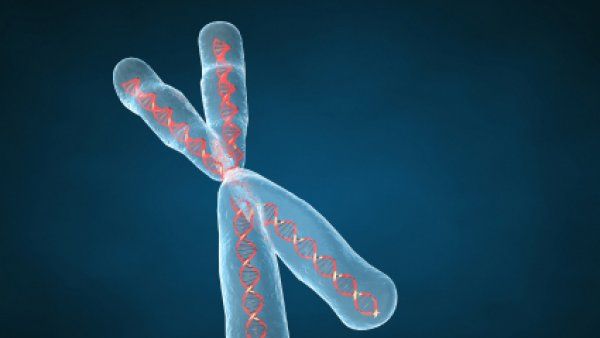
-
Simple Blood Test May be Able to Diagnose Alzheimer’s Disease
A simple blood test may soon be able to diagnose patients with two common forms of dementia – Alzheimer’s disease and frontotemporal dementia – and tell the two apart.
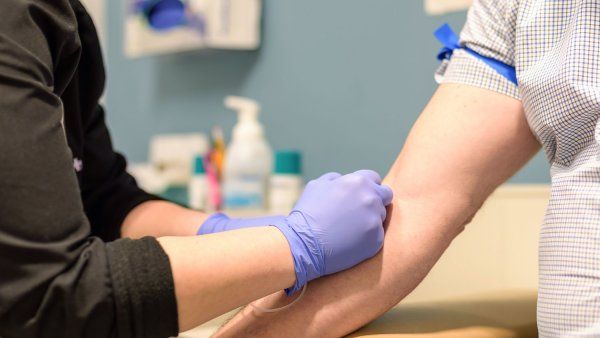
-
Memory Concerns? Blood Test May Put Mind at Ease or Pave Way to Promising Treatments
A blood test that may eventually be done in a doctor’s office can swiftly reveal if a patient with memory issues has Alzheimer’s disease or mild cognitive impairment and can also distinguish both conditions from frontotemporal dementia.

-
Women Overwhelmingly Don't Regret Abortion, Research Finds. But Denying Them Care Is Costly
-
In Utero Stem Cell Transplants, Enzyme Replacement May Offer New Treatments for Deadly Metabolic Disorders
Administering stem cell or enzyme therapy in utero may be a path to alleviating some congenital diseases that often result in losing a pregnancy, according to a new study in mice by UCSF researchers. They showed that stem cells can enter the fetal brain during prenatal development and make up for cells that fail to make an essential protein.

-
UCSF Speakers Shine at Precision Medicine World Conference
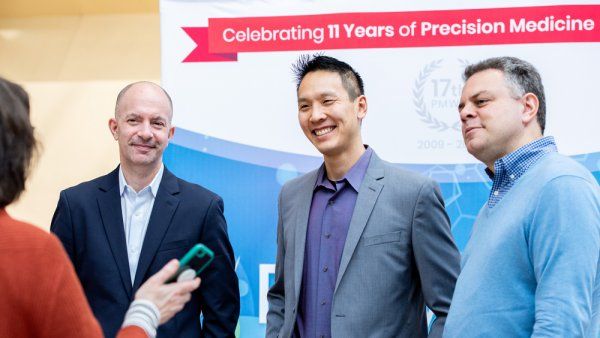
-
New Genomic Tests Aim to Diagnose Deadly Infections Faster
-
Meet The Blind Piano Player Who's So Good, Scientists Are Studying Him
-
Here's How Long Coronaviruses May Linger on Contaminated Surfaces, According to Science